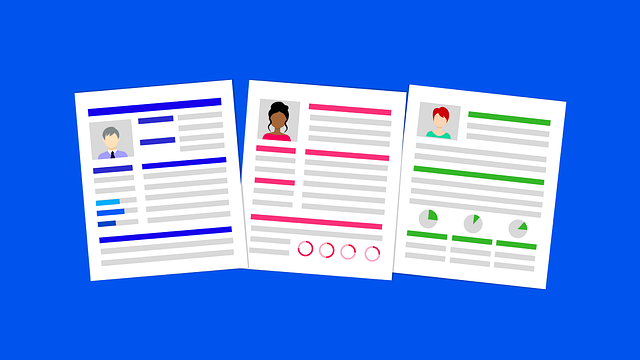Ministry of Education announced that lower primary and lower secondary students will continue with home-based learning (HBL) after June holidays. These arrangements were made to “ease into full resumption of school” when Term 3 starts on June 28.
Studying from home can be challenging! All of us have study habits that we would like to break and others that we would like to develop. People often blame these unpleasant habits to laziness or unhealthy personality. However, Behaviorism dictates that we can learn and unlearn these habits.
Effectively reinforcing a positive behavior and not rewarding a negative one can help change various areas in one’s life. With this principle in mind, here are 4 things that you can do create better study habits at home.
#1: SET YOUR STUDY GOALS
It is not enough to say that you want to study more! You must set quantifiable and realistic goals to meet your objectives for the day. Setting your study goals includes two things – identifying your goals and knowing which resources you will need.
For instance, you want to study for 3 hours daily (i.e., quantifiable and realistic). You successfully meet this study goal by utilizing a conducive study space and by having school supplies on-hand.
#2: TAKE ACTION
After clearly setting your goals, you must bravely take your first attempt. If it is too much to drastically start with 3 hours of study time per day, you can start with at least 45 minutes daily. Gradually increase your study time as the weeks pass by.
Having a physical boundary between your study area and your relaxation area could be very helpful. This can also help you to contain your academic stress within the study space. Furthermore, you can stay focused when studying from home by following a routine. Establishing a routine will provide more structure to your life and more cues to your brain.
#3: MONITOR YOUR PROGRESS
Monitoring your progress includes tracking your milestones and altering your goals based on your evaluation of the current situation. To illustrate this, you can have a study log to record your study time and daily assignments.
You can also analyze the factors that hinder you from studying, such as distractions from external noises or social media. Then, add another goal that is fit to counteract these distractions such turning your handphone off for 3 hours. Use this time to take down notes during your online classes.
#4: REWARD YOURSELF
Positive reinforcement such as entertaining or monetary compensation can increase the repetition of the desired behavior. Therefore, different companies use positive reinforcement to attract you into purchasing more of their products.

Image Credits: unsplash.com
You must figure out a well-deserved reward for successfully studying during the allotted amount of time. You can indulge in your favorite dessert, have a relaxing bath, or call your friends via Zoom. For optimum results, keep the reward scheme consistent each time you reach a study goal.









